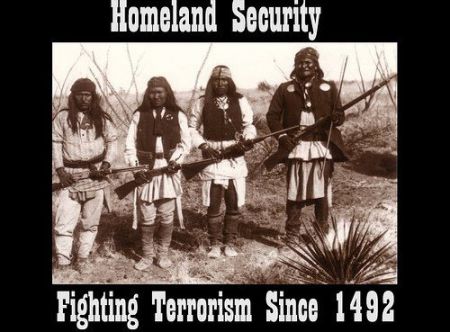by TAMI STARLIGHT

Two Spirit, low income, able bodied (with invisible disabilities), Cree elder from the Peguis Nation with some Norwegian ancestry due to mother marrying outside the nation
I am originally from Treaty 6 territory and have been living on unceded Coast Salish territory (Musqueam, Squamish & Tsleil-Waututh nations) for 30 years. This article draws from my personal experience with colonization and decolonization.
I grew up without the benefit of my Cree ancestral heritage and I regularly experienced oppression from my family and community: racism, classism, homophobia, and misogyny. For the most part, I knew only my mother’s side of my family since she divorced my father when I was one year old; however, most of my mother’s family in Edmonton did not practice many of our historical Indigenous teachings and ceremony. It wasn’t until my late thirties that I started to connect with more of my Indigenous heritage. For all intents and purposes, I grew up colonized.
I’ve decided to begin by situating my story in the context of my personal experiences. I’d like to believe that my personal experience helps expand and connect the narratives that currently exist regarding land defense, colonization, decolonization, and perhaps even anti-oppression.
A brief history of the creation of “Canada” (Kanata):
1455: Terra nullius (nobody’s land) is proclaimed by papal bull, giving authority to Spain and Portugal to conquer “The New World.”
1763: King George III issued the Royal Proclamation of 1763, in which the
Crown was tasked with the creation of treaties with Indigenous populations.
1867: “The Dominion of Canada” was officially created and modelled upon an English parliamentary monarchy.
1870: The Crown purchased the “North-Western Territory” and “Rupert’s Land” from the Hudson’s Bay Company and transferred it to “Canada.”
1873: The North-West Mounted Police was created to facilitate “Canada’s” westward expansion, and was an instrumental tool for colonization and the subjugation of Indigenous people. In 1920 it became the Royal Canadian Mounted Police (RCMP).
We have a young country. Only since the completion of the Canadian Charter in 1982 has “Canada” existed as a country mostly (but not entirely) free from control of the “Crown.” I believe the “Crown” to be a farce and a remnant of “Canada’s” dark past of oppression, violence, and tyranny.
My experiences with the left, social justice activism, community organizing, and non-profit and academic industrial complexes, has shown me that there is a strong tendency to fight against every new, trendy, and awful happening in the country. Few focus on creating healthy organizations structured in decolonization and anti-oppression principles.
After travelling across northern Turtle Island (“Canada”) a number of times in the past five years, I have experienced much love, hope, anger, dysfunction, and oppression. I’ve found that challenging moments, whether they be oppressive or not, are opportunities for growth. As communities, we tend to throw those who make mistakes under the bus too quickly, replicating the spirit of the same punitive justice system the Left opposes.
Dominion for more
